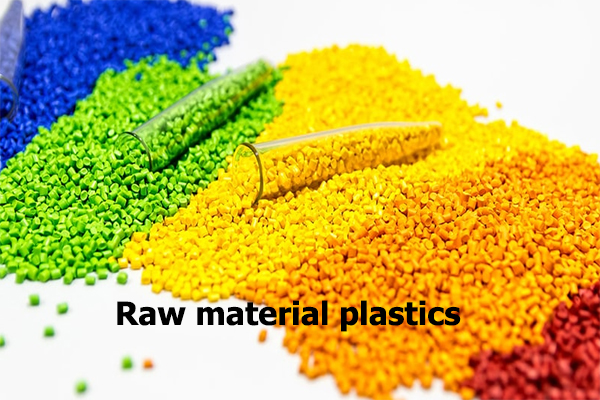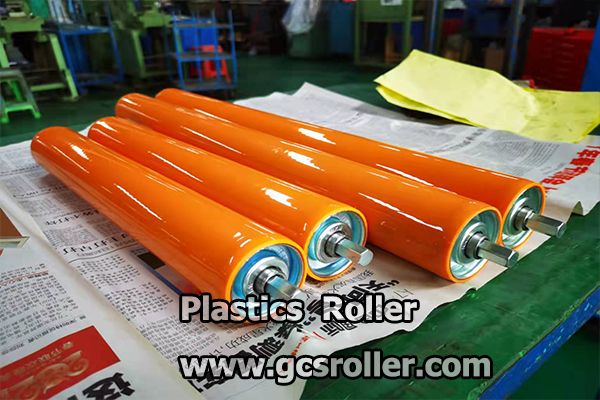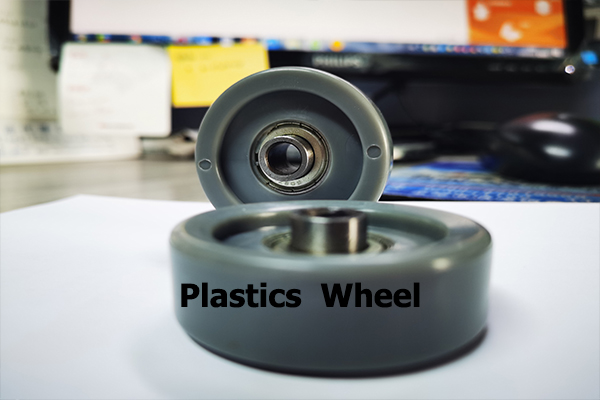As technology continues to advance, engineering plastics have gradually become an indispensable material in various industries within the field of materials science. This article will delve into the characteristics, classification, manufacturing processes, and wide-ranging applications of engineering plastics, revealing the mysterious aspects of this material science.
Concept and Characteristics of Engineering Plastics Engineering plastics are high-performance plastics with excellent mechanical properties, chemical stability, and high-temperature resistance. Compared to standard plastics, they exhibit superior strength, rigidity, and heat resistance, making them stand out in various engineering fields.
Classification of Engineering Plastics
High-performance plastics: such as polyamide (PAI) and polyetheretherketone (PEEK), known for their outstanding high-temperature stability and strength, are widely used in aerospace, automotive, and other industries.
Engineering thermoplastics: like polystyrene (PS) and polycarbonate (PC), possessing good processing and comprehensive performance, widely applied in electronics, medicine, and other fields.
Engineering thermosetting plastics: including epoxy resins and phenolic resins, known for their excellent mechanical properties and high-temperature resistance, commonly used in electrical equipment and automotive components manufacturing.
Engineering elastomers: such as polyurethane (PU) and thermoplastic elastomers (TPE), valued for their good elasticity and wear resistance, are widely used in automotive and sports equipment fields.
Manufacturing Process of Engineering Plastics The manufacturing of engineering plastics typically involves raw material preparation, heating and melting, and extrusion or injection molding. The production of high-performance plastics is more complex, requiring strict process control and advanced equipment. Ongoing innovation in manufacturing processes directly impacts the performance and quality of engineering plastic products.
Applications of Engineering Plastics in Various Fields
Aerospace: Engineering plastics play a crucial role in aerospace, with high-performance plastic PEEK being used to manufacture aircraft engine components, enhancing their high-temperature and corrosion resistance properties.
Automotive manufacturing: Engineering plastics are widely used in automotive manufacturing, from interior components to engine casings, such as PC and PA, significantly reducing vehicle weight and improving fuel efficiency.
Electronics and electrical field: Engineering plastics serve important roles in electronic and electrical equipment, providing insulation, fire resistance, and other functions. Plastics like PC and PBT are extensively used in electronic housings and connectors.
Medical device manufacturing: The biocompatibility of engineering plastics makes them an ideal choice for medical device manufacturing. For example, polycarbonate (PC) is used to produce transparent and durable medical device casings.
Construction engineering: The application of engineering plastics in construction engineering mainly focuses on weather resistance, corrosion resistance, and other aspects. Plastics like PVC and PA are used in pipes, insulation materials, and more.
Future Development Trends of Engineering Plastics
Sustainable development: Future development of engineering plastics will emphasize sustainability, including improving degradation performance and researching recyclability to reduce environmental impact.
Enhanced performance: With advancements in technology, engineering plastics will focus on improving high-temperature stability, strength, and other properties to meet evolving engineering requirements.
Smart applications: Engineering plastics are expected to play a greater role in smart applications in the future, such as developing smart engineering plastics with sensing functions for monitoring structural health status.
In addition, engineering plastics used for conveyor rollers (Gravity roller) include polyethylene (PE), polypropylene (PP), and nylon (PA), among others. In comparison to traditional steel rollers, plastic rollers have the following differences:
Weight: Plastic rollers are lighter than steel rollers, contributing to reduced overall conveyor weight, energy consumption, and improved conveyor efficiency.
Wear resistance: Plastic rollers typically have good wear resistance, reducing friction with the conveyor belt and prolonging their lifespan.
Corrosion resistance: Engineering plastic materials have excellent corrosion resistance, suitable for applications in humid or corrosive environments.
Sustainability: Plastic roller materials can be recycled and reused, aligning with the principles of sustainable development and benefiting the environment.
Noise reduction: Plastic rollers often have good shock absorption and noise reduction effects, enhancing the operational comfort of the conveyor.
It is important to select the appropriate roller material based on specific usage scenarios and requirements to ensure the stability and effectiveness of conveyor systems.
As a leading figure in the field of materials science, the widespread applications of engineering plastics across various industries underscore their significant role in modern engineering. With technology constantly advancing, engineering plastics are poised for an even broader development space, providing more reliable and high-performance material solutions for engineering projects across all sectors.
Product Video Set
Quickly find products
About Global
GLOBAL CONVEYOR SUPPLIES COMPANY LIMITED (GCS), Owns the GCS and RKM brands and specializes in manufacturing belt drive roller,chain drive rollers,non-powered rollers,turning rollers,belt conveyor, and roller conveyors.
GCS adopts advanced technology in manufacturing operations and has obtained an ISO9001:2015 Quality Management System Certificate. Our company occupies a land area of 20,000 square meters, including a production area of 10,000 square meters, and is a market leader in the production of conveying devices and accessories.
Have comments regarding this post or topics that you would like to see us cover in the future?
Send us an email at :gcs@gcsconveyor.com
Post time: Dec-04-2023




